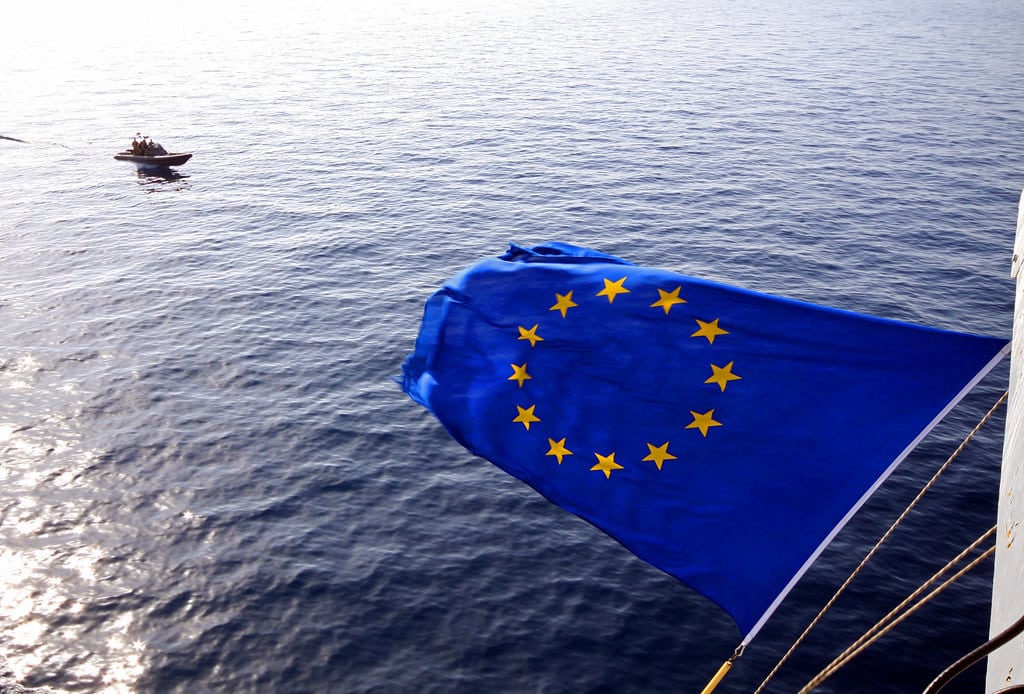Recognized international experts in whistleblower law have offered to help Ireland with the implementation of new whistleblower legislation.
On August 11, whistleblower nonprofit groups the National Whistleblower Center, Whistleblowing International, and the European Center for Whistleblower Rights, along with whistleblower law firm Kohn, Kohn and Colapinto, sent a letter to the Department of Public Expenditure and Reform in Ireland providing suggestions on how to use the EU Whistleblowing Directive with best practices for whistleblowers in mind.
The EU Directive sets forth directions for companies to protect whistleblowers from any form of retaliation, creating an effective and safe reporting system for employees.
Under the EU Whistleblowing Directive, member states must turn “minimum standards” into national laws by December 17, 2021.
The August 11 letter includes best practices that were composed after an “expert review” by Kohn, Kohn and Colapinto whistleblower lawyers, according to a National Law Review article. These include:
- Expanding whistleblower protections to cover disclosures permitted under international anti-corruption conventions signed by Member States;
- Adopting language and procedures that have proven effective in protecting whistleblowers when implementing Articles 6-7, 11, 14-16, 19-21, and 23-24 of the Directive;
- Narrowly interpreting Article 22 of the Directive in order to ensure that whistleblowers are not chilled from making disclosures and their confidentiality is maintained; and
- Enacting whistleblower reward laws to combat specific legal violations, including foreign bribery, money laundering, tax evasion, government procurement fraud, and ocean pollution.
Whistleblower attorney Maraya Best notes in her article that the Directive “plainly permits Member States to extend protections beyond these minimum standards” for whistleblower protection: thus, each EU Member State “has an opportunity to create robust whistleblower programs that protect whistleblowers, incentivize the reporting of crimes or regulatory violations, and enable law enforcement agencies to effectively combat corruption.”
Best also points out that the suggestions in the letter “should be compatible with Ireland’s current anticorruption regime, which is uniquely strong within the EU.” She states that “the new proposed legislation could easily act to effectively create an overarching regime that will eliminate any holes in the current sectoral approach,” and further writes that including protections for corporate and international whistleblowers and provisions for whistleblower rewards “would very much complement and strengthen the existing Irish whistleblower regime.”
